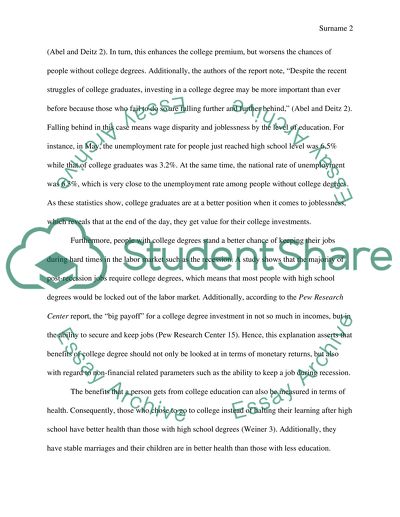Cite this document
(Benefits Outweighs the Costs in College Coursework, n.d.)
Benefits Outweighs the Costs in College Coursework. Retrieved from https://studentshare.org/education/1667546-college-tuition-cost-and-benefits
Benefits Outweighs the Costs in College Coursework. Retrieved from https://studentshare.org/education/1667546-college-tuition-cost-and-benefits
(Benefits Outweighs the Costs in College Coursework)
Benefits Outweighs the Costs in College Coursework. https://studentshare.org/education/1667546-college-tuition-cost-and-benefits.
Benefits Outweighs the Costs in College Coursework. https://studentshare.org/education/1667546-college-tuition-cost-and-benefits.
“Benefits Outweighs the Costs in College Coursework”, n.d. https://studentshare.org/education/1667546-college-tuition-cost-and-benefits.


